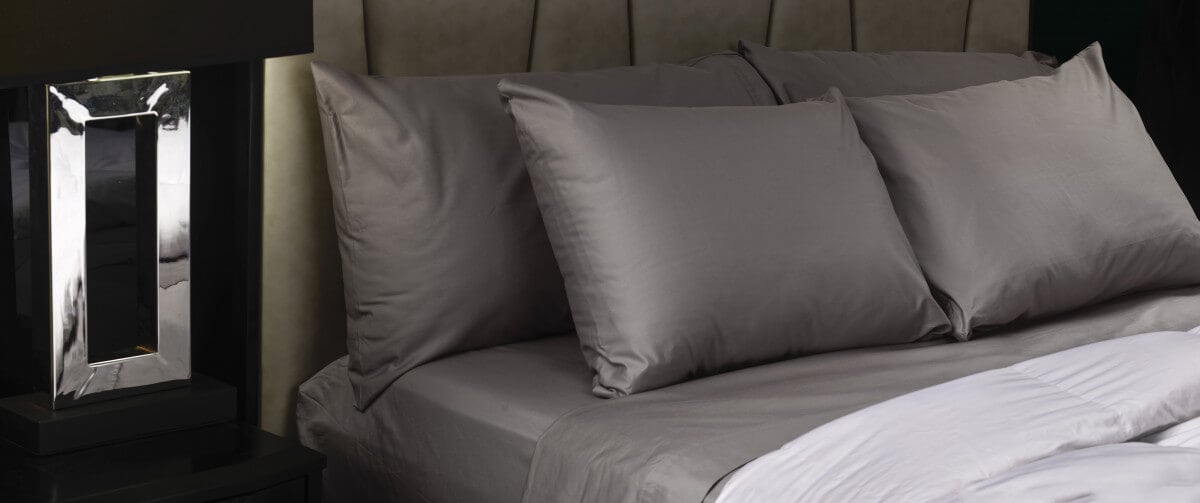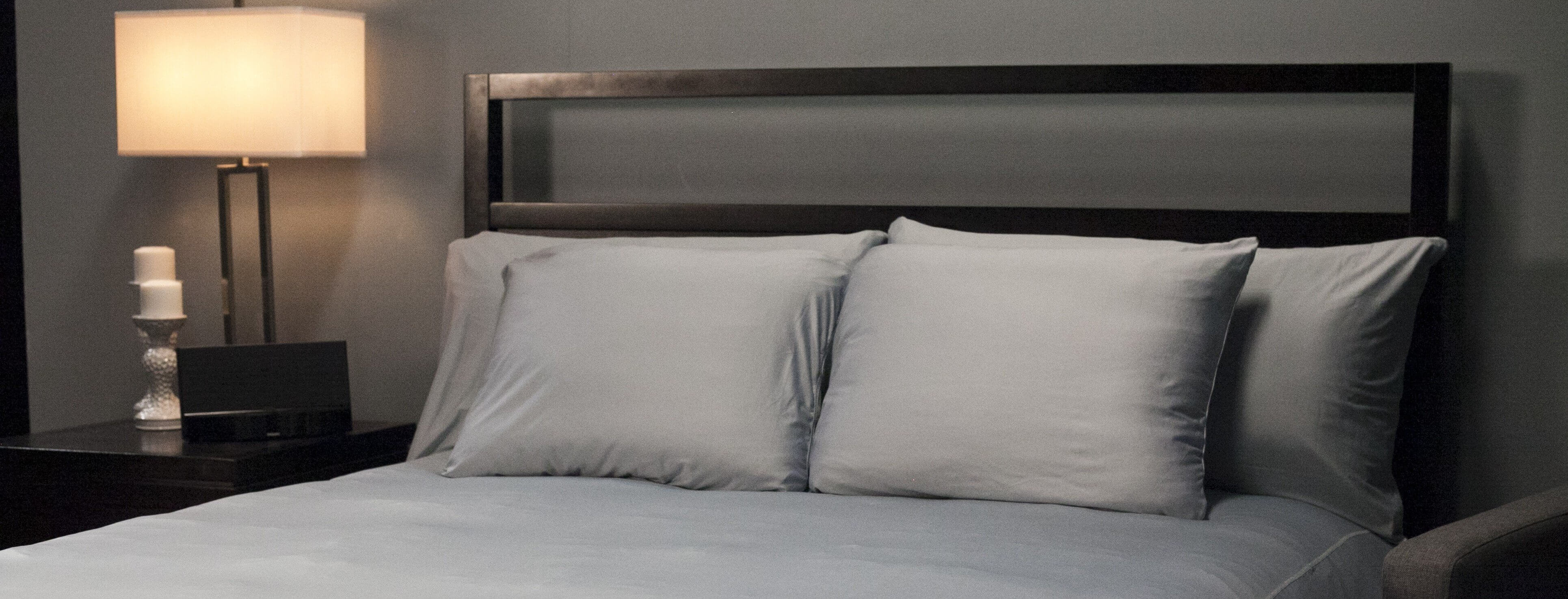Everyone agrees on the importance of sleep, but how we sleep is something different altogether according to Business Insider and dreams.co.uk. While many follow a monophasic sleep cycle, where a person sleeps for one long period, sleep experts have identified alternative sleep cycles that might work better for you and your lifestyle.
In addition to the monophasic sleep cycle, there are four other commonly accepted alternative sleep cycles to explore. They are the Biphasic, Everyman, Dymaxion and Uberman cycles. Each has different benefits and drawbacks, but there may be one to fit your daily schedule.
Biphasic
Biphasic sleep is a pattern split into two phases: one 5-6-hour phase and one 1.5-hour nap phase. This alternative sleep cycle is best for people who have no trouble sleeping at night even when they nap during the day. Napping can help with memory and cognition, as well as improve cardiovascular health and provide an energy boost on tiring and sleep-deprived days. Biphasic sleep is popular in the Mediterranean and Latin America.
Everyman
The Everyman sleep cycle consists of one 3.5-hour phase and three 20-minute naps spread out across the day. This cycle is ideal for people who want to use polyphasic sleep to increase waking hours. It gives the sleeper a lot of flexibility once they’ve adapted to the schedule and is less jarring than the Dymaxion and Uberman cycles.
Dymaxion
This alternative sleep cycle is only two hours of sleep total, broken into four 30-minute naps over a 24 hour period. It gives you 6-hour waking periods as each nap occurs every four hours. As one of the most difficult cycles to adapt to, it’s best suited for people who don’t need much sleep and those with the DEC2 gene who are “short sleepers.”
Uberman
The Uberman is the last of our alternative sleep cycles and requires the most drastic change. It consists of six to eight equidistant 20-minute naps throughout the day. Once you’ve adapted to the cycle, you can fall asleep anywhere. This is great for people who can follow a rigid schedule and those who do not need more than 3.5 hours to perform a task.
Now that you know more about alternative sleep cycles, you can judge which, if any, might be best for you and your lifestyle.
























